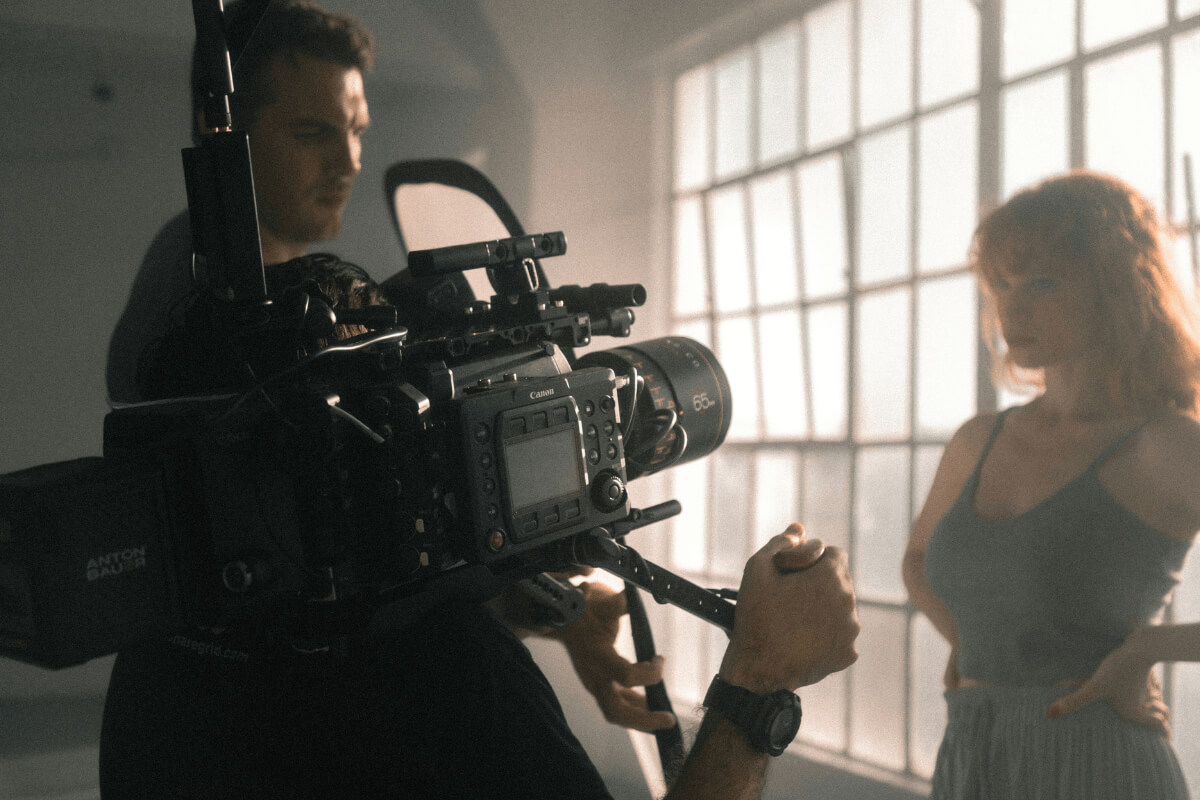The death of a public figure rarely ends their influence. Actors, musicians, athletes, and influencers continue to shape culture long after they are gone. Their voices still sell records, their faces appear in campaigns, and their personas are reimagined through digital technologies. This raises an important question: who has the right to control and profit from someone’s likeness after death?
The entertainment industry even has a term for this phenomenon: ‘delebs’ - deceased celebrities whose names, identities, and likenesses continue to generate revenue long after their passing. From Michael Jackson’s music empire to Marilyn Monroe’s enduring image, ‘delebs’ illustrate just how powerful and valuable posthumous rights can be. Even modern examples such as Whitney Houston touring as a hologram, or Tupac performing alongside Snoop Dogg and Dr Dre at Coachella, demonstrate both the opportunities and the controversies of extending celebrity influence beyond the grave.
Legal gaps and inconsistencies
The law offers mixed answers. In the US, some states such as California recognise posthumous personality rights for decades, while others offer little protection. In the UK and much of Europe, the rules are even weaker, relying on a combination of intellectual property, contract, and privacy law.
In today’s digital world, these gaps leave room for misuse and exploitation. Without clear and consistent frameworks, legacies and trust are at risk. Families often feel a personal violation when a loved one’s likeness is misused. Fans react strongly to exploitative or poorly executed digital recreations. The backlash against deepfakes or voice cloning is further confirmation of how much audiences value authenticity.
AI adds another layer of complexity. A likeness can be endlessly reused in ways the creator never imagined, sometimes for products or causes they would never have supported. Yet, handled responsibly, AI can also create amazing opportunities. For many families, ensuring a loved one’s work continues to inspire new generations is deeply meaningful. Posthumous rights can give estates the tools to champion projects that celebrate a talent’s artistry, rather than cheapen it. Done well, a ‘deleb’s’ influence can be extended in ways that keep their creativity alive, build on their body of work, and connect with audiences in respectful and authentic ways.
Building a framework for the future
Static contracts aren’t enough to deal with AI. Clear licensing frameworks, transparent compensation, tools for tracking unauthorised use, and registries for documenting consent are essential. These systems help estates and creators proactively protect legacies rather than respond to disputes after the fact.
At TrueRights, we make this protection practical. We provide creators and estates with the tools they need to safeguard their rights in the AI era. This includes securely storing training data to ensure consent is embedded from the beginning, marking content so it can be tracked and monitored across platforms, and creating licensing frameworks that guarantee fair compensation and control.
We support AI, but only ethically and with consent. This responsibility does not end when someone passes away - in fact, it becomes even more important. Protecting posthumous personality rights honours legacies, supports families, and ensures that the future of creativity respects the individuals behind it.


.jpg)


